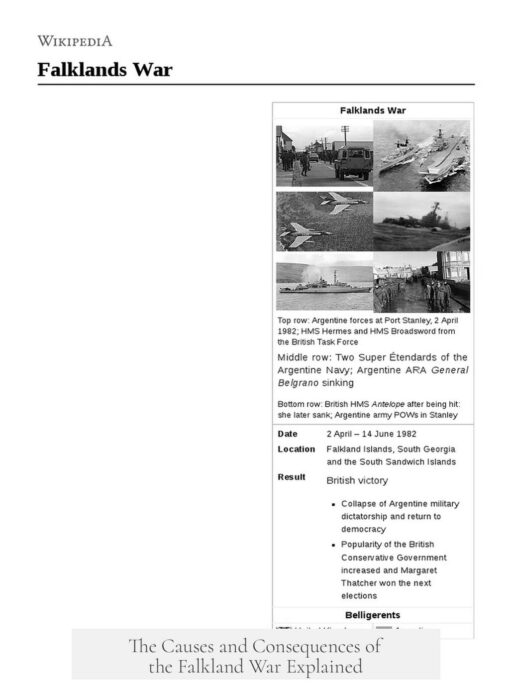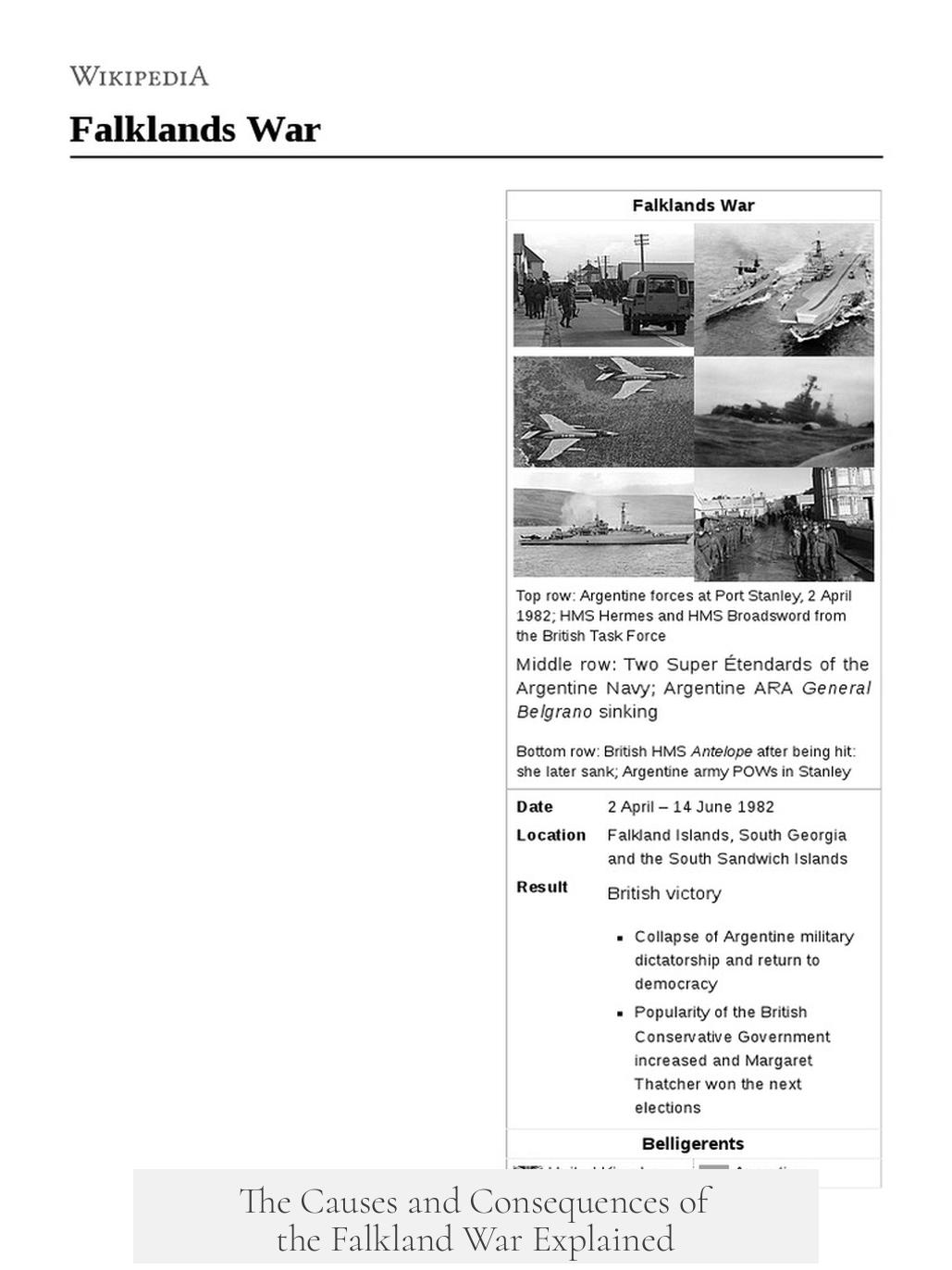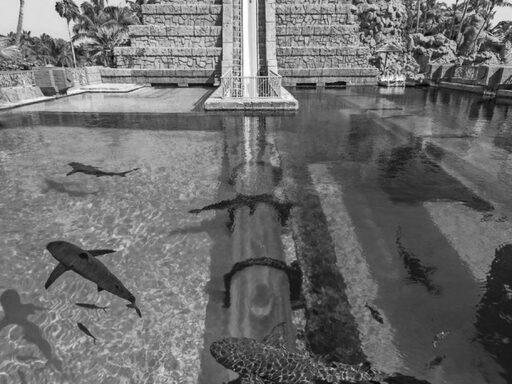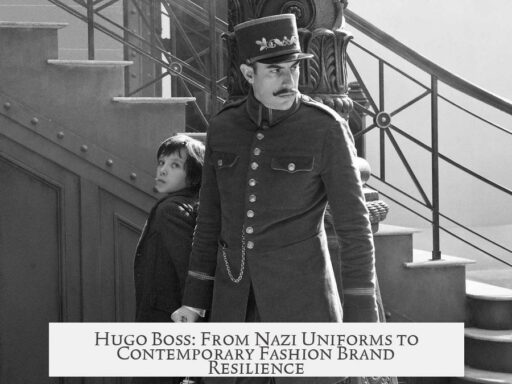The Falkland War was a ten-week undeclared conflict fought in 1982 between Argentina and the United Kingdom over control of the Falkland Islands, South Georgia, and the South Sandwich Islands. The war resulted from a long-standing sovereignty dispute, with Argentina claiming the islands as their own and the UK defending them as a British Overseas Territory. The conflict began on April 2, 1982, when Argentina launched a military invasion, and ended on June 14, 1982, with Argentina’s surrender, returning the islands to British control.
The origins of the Falkland War trace back to the late 18th and early 19th centuries when the Falkland Islands changed hands among France, the United Kingdom, and Spain. These early colonial shifts left the islands uninhabited for a period but still claimed by various powers, especially Britain. Argentina, after its emergence as an independent state, attempted to colonize and police waters around the islands, leading to tensions with the British and the United States. In 1833, Britain reasserted control after suppressing an Argentine garrison mutiny, establishing a permanent colony that lasted over a century.
Argentina argues its claim based on geographic proximity and historical rights, asserting that Britain unjustly seized the islands. Despite Argentina’s claim, the population on the islands, largely descendants of British settlers, have repeatedly expressed their wish to remain under British sovereignty.
Argentina’s motivations for the 1982 invasion were deeply political. At the time, a military junta governed Argentina amid economic hardship and declining popular support. The ruling regime saw reclaiming the Falklands (known in Argentina as Las Malvinas) as a way to unite the country behind a national cause. Prior diplomatic efforts to regain the islands had achieved limited success, and the junta opted for a military solution, hoping the action would provoke the UK into negotiations.
Beyond political distraction, there were economic incentives behind Argentina’s claim. Control over the Falklands offered potential access to valuable marine resources and rights to exploitable ocean floors between the islands and Argentina’s mainland.
The British government, led by Prime Minister Margaret Thatcher, reacted strongly to the Argentine invasion. Britain condemned the invasion as an illegal act violating international law and utilized United Nations Security Council Resolution 502, which demanded an Argentine withdrawal and called for diplomatic negotiations. With Argentina refusing to comply, Britain enforced trade and military embargoes and dispatched a naval task force to reclaim the islands.
The British military operation was swift, involving land, sea, and air engagements. Despite initial Argentine success and resistance, British troops eventually retook the islands after 74 days of conflict. Casualty figures were significant: 649 Argentine military personnel, 255 British service members, and three Falkland Islanders lost their lives.
The war’s aftermath had significant consequences for both countries. The UK strengthened its control over the Falklands, granting more citizenship rights to the islanders while dealing with some post-war challenges such as landmine clearance. Argentina experienced political upheaval; the military junta was removed from power soon after, and ongoing arms and trade embargoes affected its military capability and economy for years.
The sovereignty dispute remains unresolved. Argentina continues to claim the islands diplomatically, while the UK maintains that the islanders’ right to self-determination is paramount, particularly after a recent referendum where the residents overwhelmingly chose to remain a British Overseas Territory. In the UK, the war has faded from mainstream memory but remains a significant historical event, whereas in Argentina, it continues to influence national politics and identity.
| Aspect | Details |
|---|---|
| Duration | April 2 to June 14, 1982 (74 days) |
| Belligerents | Argentina vs. United Kingdom |
| Casualties | 649 Argentine military, 255 British military, 3 Falkland Islanders |
| Main Cause | Sovereignty dispute over Falkland Islands and surrounding territories |
| Key Political Figures | Margaret Thatcher (UK Prime Minister), Argentine Military Junta (led by Leopoldo Galtieri) |
- The Falkland War was a brief but significant conflict over control of territories in the South Atlantic.
- Argentina’s invasion aimed to assert sovereignty and distract a troubled military regime domestically.
- Britain mounted a military response to defend its overseas territory and protect islanders’ wishes.
- The conflict ended with British victory and reinforced claims based on self-determination.
- The sovereignty dispute remains unresolved, with ongoing diplomatic tensions.




